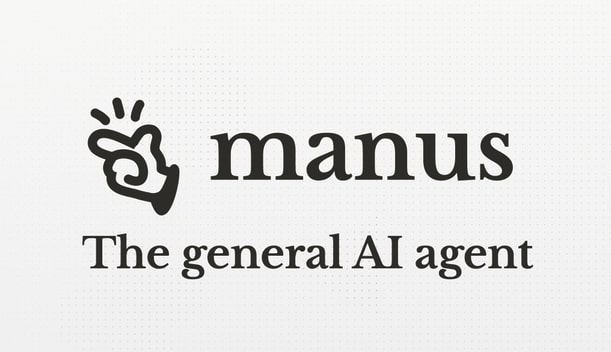Now Reading: Manus and the Future of AI Agent Systems
-
01
Manus and the Future of AI Agent Systems
Manus and the Future of AI Agent Systems

Swift Summary
- Manus AI Launch: developed by Chinese startup Monica, Manus is the world’s first fully autonomous AI agent launched on March 6, 2025.
- Capabilities: Manus excels in tasks such as stock analysis, creating interactive courses, business data analysis, finding B2B leads, and conducting SEO audits. It bridges idea conception too execution using a multi-agent architecture. Other impressive features include asynchronous cloud operation and versatility across domains like finance and software growth.
- Benchmark Performance: Manus outperforms competing models like OpenAI’s Deep Research on GAIA benchmarks for real-world problem-solving.
- Limitations:
– Reliability Issues: Early testers report system crashes during tasks such as booking flights or ordering food due to memory allocation concerns.
– Factual inaccuracies: Generates fabricated data occasionally undermining credibility.- Infinite Loops and Scaling Problems: Faces bottlenecks from limited server capacity and struggles with some task executions due to feedback loops or misunderstood instructions.
– Ethical Concerns: Raises accountability issues related to mistakes, data privacy risks, and potential misuse for misinformation campaigns.
- Competitors:
– Mistral’s Agents focus on autonomous digital task completion similar to Manus but with different architecture strengths.- Microsoft Magma extends capabilities into robotics alongside software-based automation.
Read More at Next Big Future
Indian Opinion Analysis
The launch of Manus is a meaningful milestone in artificial intelligence advancements that demonstrate high autonomy across diverse industries. For India-a nation rapidly embracing digitization-such technology holds transformative opportunities but also poses challenges that must be addressed prudently.
On one hand, systems like Manus could spur innovation in financial services (investment analytics), education (interactive courses), and enterprise functions (SEO audits or recruitment processes). This aligns with India’s ongoing efforts toward enhancing productivity via tech-driven solutions under policies such as Digital India.
though, identified weaknesses-including reliability concerns like system crashes-could limit widespread adoption if unresolved.Additionally, ethical dilemmas stemming from its autonomy need cautious regulation within countries where legal frameworks around accountability for AI decisions remain nascent. If deployed irresponsibly without safeguards against inaccuracies or biases (e.g., fabricated reports), the implications could be damaging for stakeholders relying heavily upon automation outcomes.
India might explore collaborations with leading firms offering robust multi-agent architectures while advancing its research ecosystem through policy support aimed at scaling indigenous AI prototypes inspired similarly making these localization autonomous pathway’s etcautions..
























